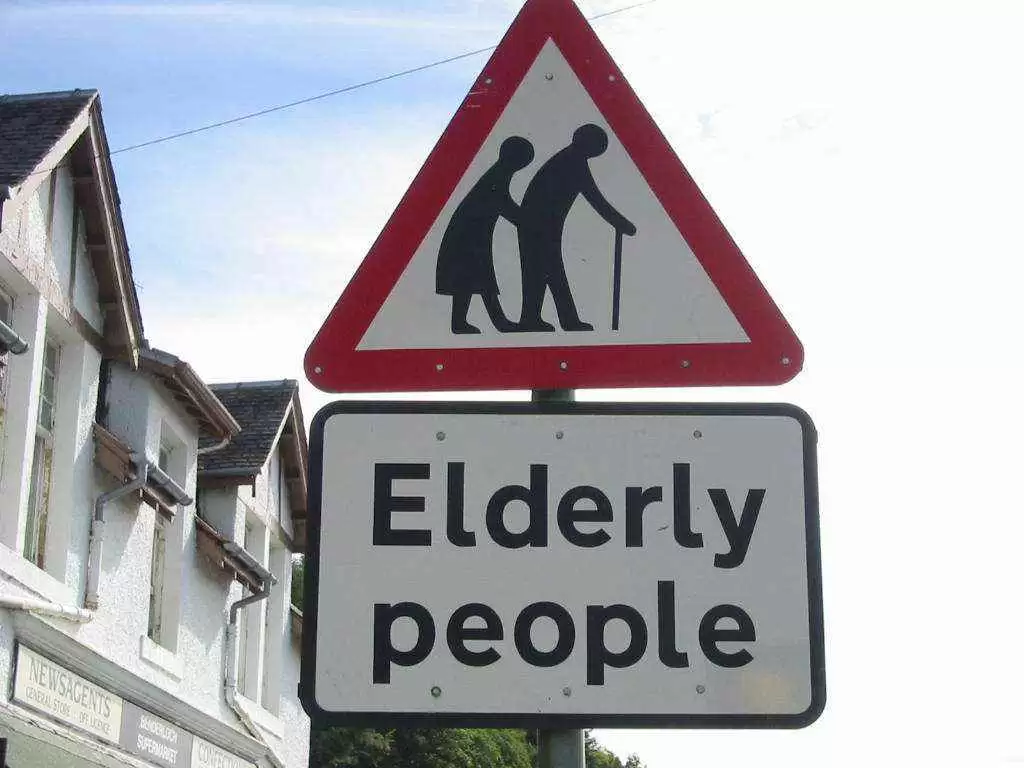
Celiac.com 04/05/2021 - Celiac disease is highly under diagnosed in the elderly population, partly because it can vary so widely in its presentations, and partly because doctors lack awareness of the potential for celiac disease in older patients.
A team of researchers recently set out to assess the outcomes for an elderly population with celiac disease, and to compare the results with younger adults with celiac disease.
Celiac.com Sponsor (A12):
The research team included Mohamed G Shiha, Lauren J Marks, and David S. Sanders. They are variously affiliated with the Academic Unit of Gastroenterology, Royal Hallamshire Hospital, Sheffield, United Kingdom.
For their study, the team prospectively recruited newly diagnosed celiac patients from the Coeliac Specialist Clinic at the Royal Hallamshire Hospital, Sheffield, between 2008 and 2017. All patients showed villous atrophy on biopsy after positive celiac serology. The team also recruited the patients retrospectively from 1990 to 2008 to determine the trend in elderly celiac diagnostic frequency over time.
Six-hundred forty-four celiac patients were recruited prospectively, and 961 retrospectively, for a total of 1,605 patients. Of these, 208 patients (13.0%) were over the age of 65 years, when diagnosed between 1990 and 2017.
The percentage of elderly celiac diagnoses rose from zero percent in 1990-1991 to nearly twenty percent in 2016-2017. Younger patients more often presented with fatigue and gastrointestinal symptoms including diarrhea, abdominal pain, and IBS-type symptoms, while older patients more frequently showed B12 deficiency.
Celiac disease rates in the elderly have risen sharply over the last twenty years, but elderly patients tend to present with fewer symptoms, which would seem to be a good argument for treating these patients with a standard gluten-free diet.
However, the researchers contend that "the benefits of diagnosing celiac disease in the elderly may be contentious," and that more research is needed to determine whether a strict gluten-free diet in these patients is helpful or burdensome.
Really? So, maybe we shouldn't put these folks on a gluten-free diet because it might be "burdensome?" It's hard to imagine a research team making a similar statement about virtually any other auto-immune condition. Can you imagine a reputable doctor saying that maybe we should not use insulin to treat diabetes in elderly patients because it might be burdensome? Especially with zero data to back the idea? But that's what the team says, which comes across as a personal bias not based on science.
With all of the known associated conditions and potential damage of untreated celiac disease, even asymptomatic celiac disease, it is frankly perplexing that any researcher would say this.
Gluten-free food is more diverse and widely available than ever before. The idea that eating gluten-free is some sort of unnecessary burden, and that celiac disease should be left untreated seems dubious, and not based on any scientific research or data.
What benefits can be claimed in allowed celiac disease to go untreated, even if it's asymptomatic. The odds of long-term damage are just too great.
The proper conclusion to a study that shows such a dramatic rise in celiac disease rates should probably be to call for proper treatment and follow-up of these individuals. What do you think?
Read more at Gastroenterol Hepatol Bed Bench. 2020 Winter; 13(1): 37–43.








Recommended Comments
Create an account or sign in to comment
You need to be a member in order to leave a comment
Create an account
Sign up for a new account in our community. It's easy!
Register a new accountSign in
Already have an account? Sign in here.
Sign In Now